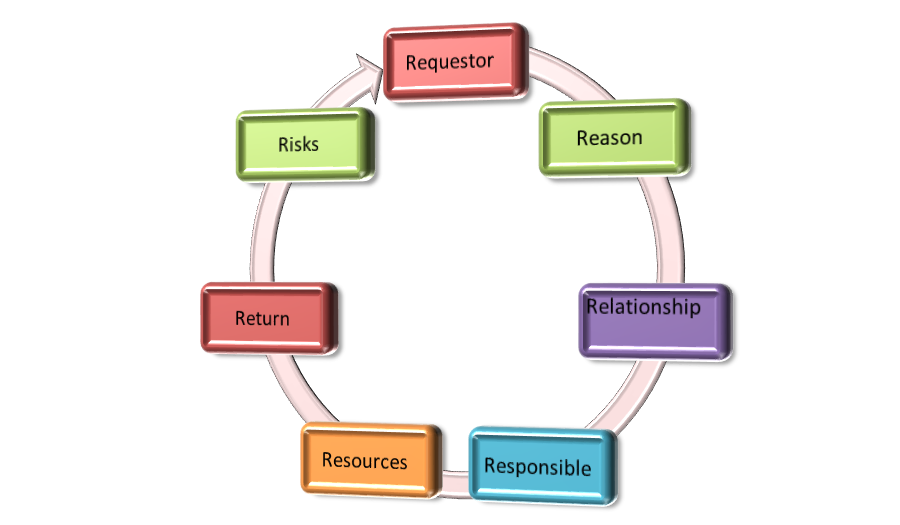Colchester is a large historic city and the main settlement within the Colchester region in Essex country. During 2011 census, it had 121,859 population which was a substantial rise from the preceding survey and with considerable growth since 2001 and continuing structure plans, it has been called as one of Britain's wildest emerging towns. The Colchester is involved to be the oldest town in Britain. It was for a time the capital of Roman Britain and is a member of the Most Ancient European Towns Network.
Colchester is some 50 miles northeast of London and is associated with the capital by the A12 road and the Great Eastern Main Line. It is understood as a popular town for commuters and is less than 30 miles away from Stansted Airport and 20 miles from the nearside ferry port of Harwich.
Colchester is home to Colchester Castle and Colchester United Football Club. It has a Traditional Member of Parliament, Will Quince, who was chosen in the 2015 General Election. The correct demonym is Colcestrian. The River Colne goes through the town.
Climate:
Colchester is in one of the driest areas of the United Kingdom with average annual precipitation at 635 mm, although among the wetter places in Essex. Colchester is usually stared as having an Oceanic weather like the rest of the United Kingdom. Its easterly position within the British Isles makes Colchester less prone to Atlantic despairs and weather facades but more prone to lacks.
This is due to the fact that the most areas in South-East England, Colchester's weather is prejudiced more by Mainland weather designs than by Atlantic weather systems. This leads to a dry climate likened to the rest of the UK all year round and chance excesses of temperatures during the year and quite a few nights below freezing during the winter months. Any rainfall that does come from Atlantic climate systems is typically light, but a few heavy showers and thunderstorms can take place during the summer. Snow falls on average 13 days a year during winter and early spring.
Governance:
The Member of Parliament for Colchester is Will Quince. Colchester Borough Council is the local authority. Control of the borough council has approved between the Traditionalists and Liberal Democrats or has been under no general power, in new years. The political configuration of the board as of the 2015 election:
The town is also branded on Essex County Council, covering six County electoral divisions. Villages within the area are meant by various parish councils. The urban area of Colchester includes only one parish council with the rest of Colchester Town being unparished.
The seat of local government is Colchester Town Hall, a late-Victorian baroque edifice by John Belcher. It is the latest in a sequence of local government structures to have erected on the same site since the 12th century. The 162-foot clock tower was obtainable by James Paxman; it is surpassed by a figure of St Helena, who is related by legend to the town.

 ENQUIRE
ENQUIRE
 REQUEST CALLBACK
REQUEST CALLBACK
 GET A FREE QUOTE
GET A FREE QUOTE


 Introduction
Introduction Course Details
Course Details Course Content
Course Content





 London
London